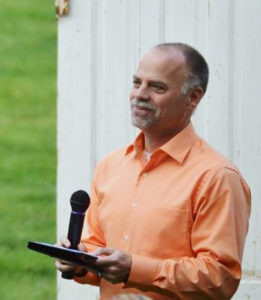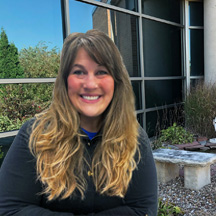We Are the Kind of People Who Keep Growing
I saw a news flash today that RFK Jr, age 71, completed 50 pull-ups and 100 push-ups in under six minutes. I thought, “How is that possible?”
Answer: RFK Jr. apparently still works out. A lot. He is the kind of guy who keeps growing physically.
 If growing physically strong and healthy requires continued effort, what about spiritual growth?
If growing physically strong and healthy requires continued effort, what about spiritual growth?
We are the kind of people who keep growing spiritually. We keep discovering new truths. We keep drawing near to God. We keep following Jesus into new territory.
We know that healthy things grow. Here are three reasons why we are the kind of people who keep growing:
- God said, “Draw near to me and I will draw near to you.” (James 4:8)
- Jesus said, “Abide in me and you will bear much fruit.” (John 15:1-5)
- We are called to learn and share God’s truths every day “When we rise up and when we lie down, when we sit at home and and when we walk along the way.” (Deuteronomy 6:6-8)
And if that is not motivation enough, remember that God’s Word is not static or stale, it is “living and active.” (Hebrews 4:12) God is still working today – in all of us – to bring not just life, but abundant life. (John 10:10) So, keep growing.
As Steve shared in his sermon last week, practice “Shema-ing” in a Sunday class, small group, or in your personal Bible Study. LISTEN HERE
May the Lord be with you,
Kent Landhuis
Pastor of Teaching & Leadership




 My garden is always in process. Here is a photo taken last night. It will probably look better next week. Like the church. Like my life. In process.
My garden is always in process. Here is a photo taken last night. It will probably look better next week. Like the church. Like my life. In process. In Guatemala, we give goodies to the kids who show up at our work sites. A doll, a cap, a granola bar, matchbox cars, candy.
In Guatemala, we give goodies to the kids who show up at our work sites. A doll, a cap, a granola bar, matchbox cars, candy. 
